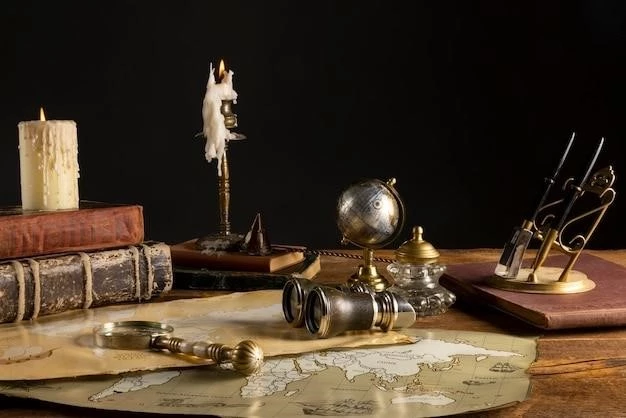Can Myths Provide Historical Insights?
Myths have captivated humanity for millennia, serving as intricate tapestries woven from the threads of imagination, folklore, and often, historical occurrences. While often perceived as fictional narratives, myths can offer intriguing glimpses into the past, reflecting cultural practices, societal values, and even historical events of the societies that birthed them. This exploration delves into the complex relationship between myths and history, examining the potential of these ancient tales to provide genuine historical insights.
Myths as Reflections of Cultural Practices and Societal Values
Myths serve as repositories of cultural memory, preserving within their narratives the traditions, beliefs, and societal structures of the cultures that created and transmitted them. By decoding the symbolism and motifs embedded within these tales, historians and anthropologists can glean invaluable insights into the daily lives, rituals, and social hierarchies of past civilizations.
For instance, the myths of ancient Greece, with their pantheon of gods and goddesses, offer a lens through which to understand the ancient Greeks’ perception of the cosmos, their relationship with the divine, and their moral and ethical frameworks. The myths surrounding Zeus, the king of the gods, exemplify the importance of power and authority, while the tales of heroes like Heracles emphasize courage, strength, and the triumph of good over evil. These narratives reflect the values that were held dear by the ancient Greeks.

Myths as Echoes of Historical Events
While myths are not historical records in the strictest sense, they can sometimes contain kernels of historical truth, albeit often embellished or transformed over time. By carefully analyzing these narratives and comparing them with archaeological evidence and other historical sources, researchers can sometimes identify events or figures that may have inspired these tales.
The epic poems of Homer, “The Iliad” and “The Odyssey,” provide a compelling example. While steeped in mythology and legend, these works are believed to reflect aspects of Mycenaean Greece, a period shrouded in mystery. Archaeological discoveries at sites like Mycenae and Troy, cities mentioned in Homer’s works, have lent credence to the idea that these poems may contain echoes of real historical events, such as the Trojan War.
Another example lies in the myths surrounding the lost city of Atlantis. Described by the Greek philosopher Plato as a powerful and advanced civilization that met a catastrophic end, Atlantis has long captured the imagination. While its existence remains a subject of debate, some scholars believe that the Atlantis myth may be rooted in real historical events, such as the eruption of the Thera volcano, which devastated the Minoan civilization on the island of Santorini. The destruction wrought by this eruption, coupled with the Minoans’ maritime prowess, could have served as inspiration for the Atlantis legend.
The Importance of Critical Analysis
While myths can offer tantalizing glimpses into the past, it is crucial to approach them with a critical eye. Myths are, by their very nature, fluid and dynamic narratives that have been shaped and reshaped over generations through oral tradition and retelling. As such, they should not be interpreted as literal historical accounts.
Historians and anthropologists employ a variety of methods to analyze myths, including:
- Comparative mythology: Comparing myths from different cultures to identify common themes and motifs, which can shed light on universal human experiences or historical connections between societies.
- Structuralism: Analyzing the underlying structures and patterns within myths to reveal fundamental beliefs and ways of thinking.
- Contextualization: Considering the historical, social, and cultural context in which a myth was created and transmitted to understand its meaning and significance.

Conclusion
Myths, with their blend of fact and fiction, offer a unique and valuable window into the past. While they should not be mistaken for literal historical records, they can provide insights into the cultural practices, societal values, and even historical events that shaped the civilizations from which they emerged. By approaching myths with a critical and analytical lens, historians and anthropologists can unlock the secrets hidden within these ancient tales, deepening our understanding of the human experience across time and cultures.
The interplay between myth and history is complex and multifaceted. Myths are not simply fanciful tales; they are reflections of the human imagination grappling with the world and attempting to make sense of its complexities. As we continue to explore and analyze these enduring narratives, we gain a deeper appreciation for the rich tapestry of human history and the power of storytelling to connect us to the past.










